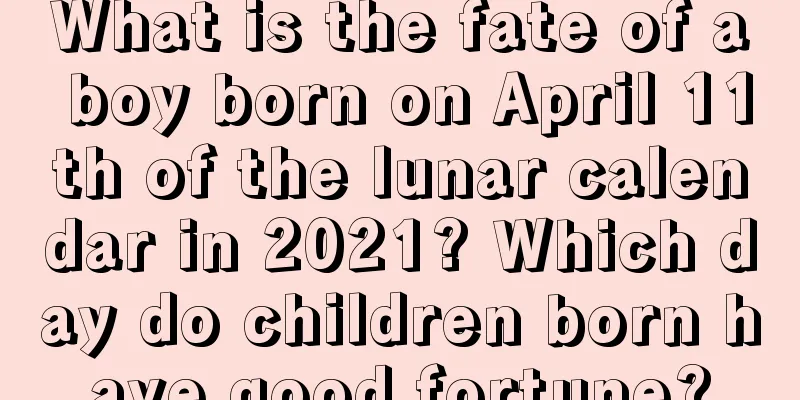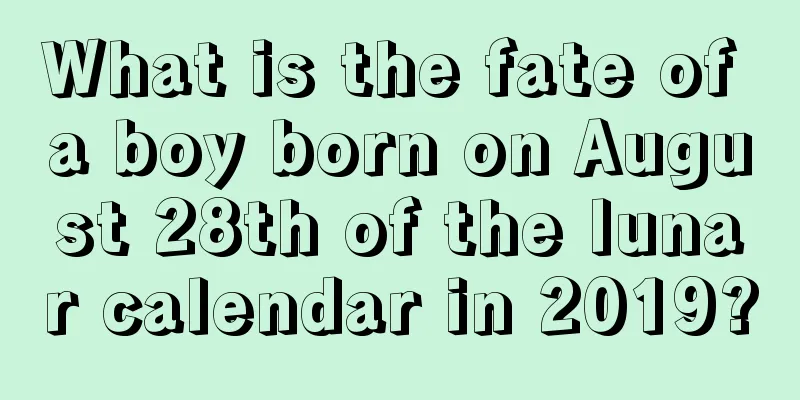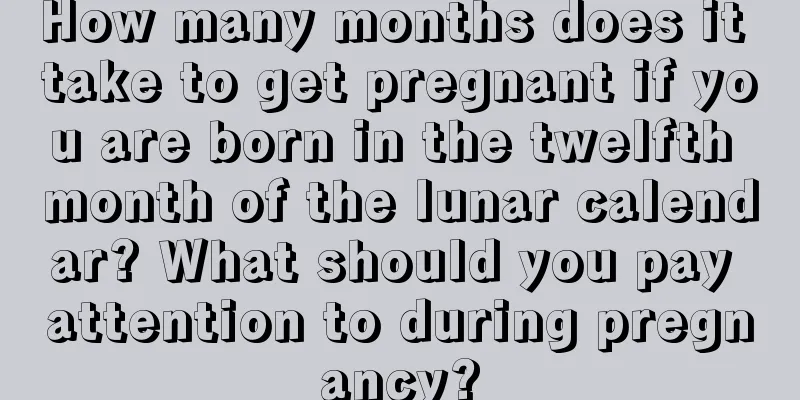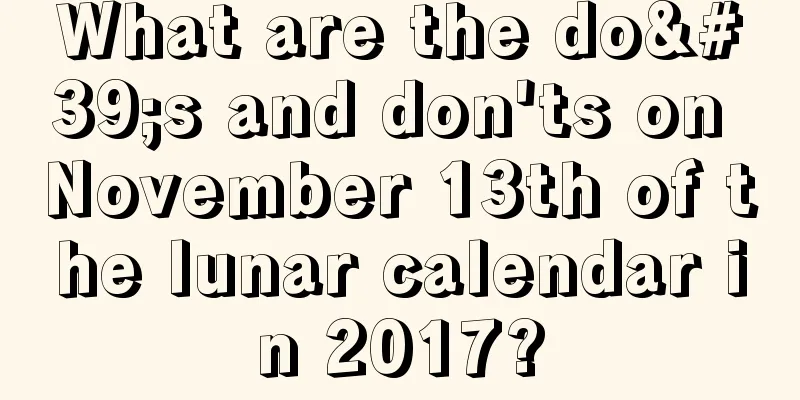How many days are left until the Jingzhe solar term in 2022? Countdown to the Waking of Insects!
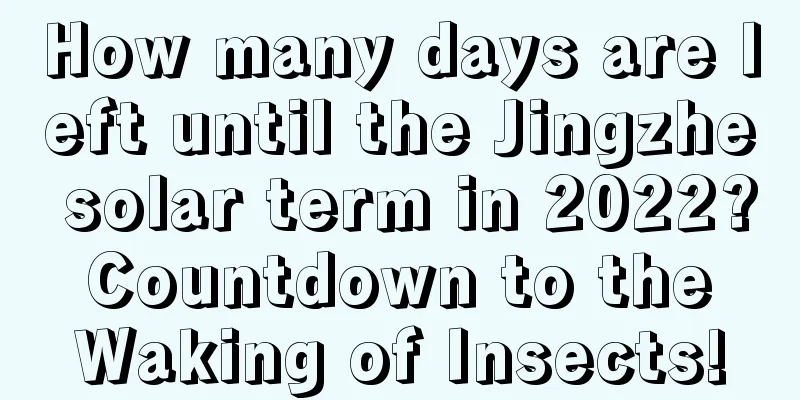
As the third solar term among the twenty-four solar terms, Jingzhe has attracted much attention as to how many days are left until it arrives. So, let’s take a look at how many days are left until the Jingzhe solar term in 2022? Countdown to the Waking of Insects! As the Year of the Tiger enters its second month, everyone's fortunes have shown new developments. With a curious desire to explore, let’s wander around Shuimoxiansheng.com’s special topic for February of the lunar calendar in 2022!How many days are left until the Jingzhe solar term in 2022? Countdown to the Waking of Insects!The time of Jingzhe in 2022 is: Saturday, March 5, 2022 in the Gregorian calendar, Pisces (solar calendar); the third day of the second month of the lunar calendar, 2022 (lunar calendar)Today is December 20, 2021. There are 75 days left until the 2022 Jingzhe Festival. During the Jingzhe season, spring begins to emerge and nature becomes full of new vitality. The saying "Spring thunder scares away all insects" means that during the Jingzhe season, spring thunder begins to sound, awakening the hibernating insects underground. The hallmark feature of the Jingzhe solar term is the sudden sound of spring thunder and the vitality of all things. Introduction to the historical origin of the Jingzhe solar termThe 24 solar terms were originally formulated based on the "movement of stars". The Big Dipper rotates in a circle, and this movement of stars is closely related to the changes in natural rhythms. The current system of determining the solar terms is based on the sun's ecliptic longitude, that is, a 360-degree circle called the "ecliptic" is divided into 24 equal parts, one part every 15°, with the vernal equinox as the starting point of 0 degrees, and arranged according to the ecliptic longitude. The Waking of Insects reflects the phenomenon that natural organisms sprout and grow due to changes in rhythm.Dai De of the Western Han Dynasty said in "Da Dai Li Ji·Xia Xiaozheng": "The first month of the year is the beginning of hibernation." All things come from Zhen, and Zhen represents thunder, so it is called Jingzhe. The hibernating insects were frightened and fled. In the Yuan Dynasty, Wu Cheng's "Collected Explanations of the 72 Seasonal Changes" said: "In the second month...all things come out of the shock, which is thunder, so it is called the Waking of Insects. The hibernating insects are frightened and run away." In "Collected Explanations of the 72 Seasonal Changes" it says: "In the second month, all things come out of the shock, which is thunder, so it is called the Waking of Insects. The hibernating insects are frightened and run away." In fact, insects cannot hear thunder. It is the spring coming back to life and the warming weather that make them end their hibernation and "run away in fright." The time when spring thunder begins to sound varies from place to place in China, but the saying "the thunder begins at the Waking of Insects" is consistent with the climate patterns in the areas south of the middle and lower reaches of the Yangtze River. |
>>: Introduction to the rainy season in 2022: what month, day, hour, minute and second will it be?
Recommend
Is March 16th of the lunar calendar in 2022 a good day? Can we get engaged?
I believe everyone has heard of engagement, and en...
Are people born on the tenth day of the fourth month of the leap year on June 1, 2020, wise Geminis?
Children's Day, also known as June 1st, is a f...
Check the contents of the lunar calendar for the Double Ninth Festival on the ninth day of the ninth lunar month in 2018 and the auspicious and inauspicious time!
Introduction: In our country’s tradition, importan...
What zodiac sign do children born in the leap June of 2017 belong to? Do you have a good personality?
Introduction: Every child is born at a different t...
Is it a good idea to move house during the Lantern Festival in 2018? What are the opinions?
Most people have very strong feelings for home, an...
What should not be done on July 6, 2020 during the Lesser Heat? What are the solar terms before and after the Lesser Heat?
Introduction: The change of each day means that th...
Can a married daughter go back to her parents’ home on the second day of the second lunar month when the dragon raises its head? Is it okay to go back to her parents’ home on the second day of the second lunar month?
Introduction: Our country has a wealth of traditio...
Can’t cut hair in the second month of the lunar calendar? Recommended auspicious days for haircuts in February of the lunar calendar in 2022
You also need to choose a good time to get a hairc...
Is August 12 of the lunar calendar in 2022 an auspicious day? What is the fortune of your zodiac sign?
When doing things, it is often not because of one&...
Is March 22nd of the lunar calendar 2018 an auspicious day? Is it a good idea to start renovation?
In traditional Chinese culture, people are used to...
Is it a good idea to pray on the 30th day of the 12th lunar month in 2018? How is today’s hexagram analysis?
China is a vast country with abundant resources. T...
Is the fourth day of the third lunar month in 2020 an auspicious day for moving? Can I move into a new house?
Choosing an auspicious day for moving can improve...
Is it possible to sign the contract on May 26th of the lunar calendar in 2019?
The do's and don'ts on different days are ...
List of auspicious days for house renovation in April of the lunar calendar in 2020!
Introduction: It is necessary to choose an auspici...
Auspicious days for moving in March of 2019
"Home" is the place that Chinese people ...


